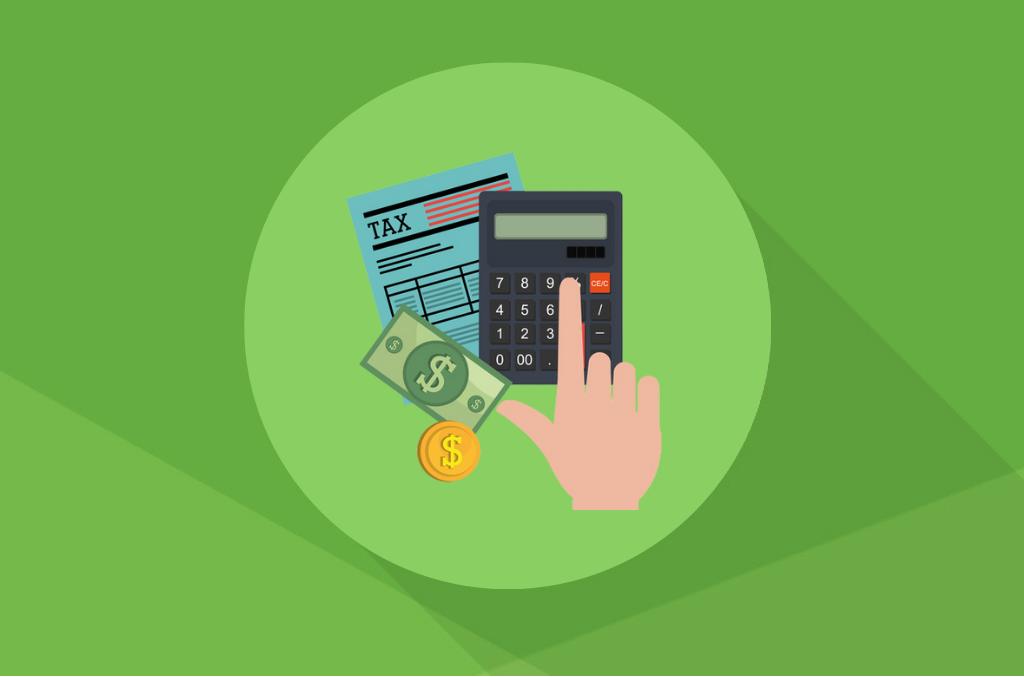You’ve probably heard rumblings in the media that Queensland passed a new tax law (which takes effect from June 2023) that allows the government to use the total value of the investor’s land holdings, including interstate, in calculating land tax on the Queensland component of the investor’s portfolio.
These new land taxes are in addition to any land tax an investor would have to pay in other states. However, the new law will have no impact on investors who own land in Queensland only.
Currently, individual investors who own investment properties in Queensland are exempt from paying land tax if the value of the land holdings is under the land tax threshold of $600,000, even if they own another investment property elsewhere in the country.
However, under the new land tax rule, if the investor owns $599,999 worth of property in Queensland and say $400,000 in NSW, they would be looking at paying $2700 land tax each year, even though both properties fall under the respective states’ land exemption thresholds.
It’s going to hurt small investors, retirees, and tenants
The changes only affect landlords who own multiple investment properties in different states – a strategy commonly used by investors to minimise their land tax.
Consequently, we will see landlords either selling up Queensland property investments to beat the new tax reform and move their portfolios to safer havens – or raise the rent on an already tight rental market, to help recoup some of the land tax costs.
Either way, the new tax reform will dampen the incentive to invest in the Queensland market -forcing landlords to walk away and strip the market of supply.
Ouch!
Fortunately, there has been a huge backlash from the other states, and it’s highly unlikely they will be giving up ownership information for property owners in their respective states. Rightly so! Currently, the tax relies on an “honesty system”, where the owner is required to disclose information on other properties they own in other states. It will be interesting to see how many property investors will actually do so.
We don’t think this is any reason to panic or to stop investing in Queensland though. Most investors won’t actually be affected by the new tax. Affordability is also still very high in most parts of Brisbane and the North & South corridors even with recent rate rises. Couple this with low supply and high demand and the expected growth should well and truly outpace any extra tax.
